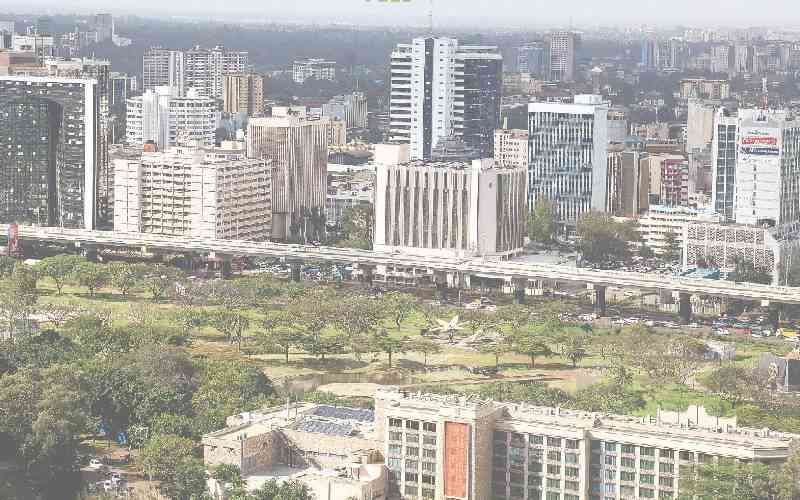By Kamotho Waiganjo
NAIROBI, KENYA: During the titillating drama in Parliament this week, the vexing question on how to arrest the public wage bill was unfortunately given a most casual attention by legislators. It is good that the legislators recognised that the size of the public service was one way to solve the wage bill crisis. It is only unfortunate that their attention was focussed solely on reducing the size of “busybody” commissions. MPs’ concern about the sustainability of the wage bill is long overdue and one prays that they will use their legislative powers to facilitate a radical rationalisation of the public service, hence reducing the wage bill.







